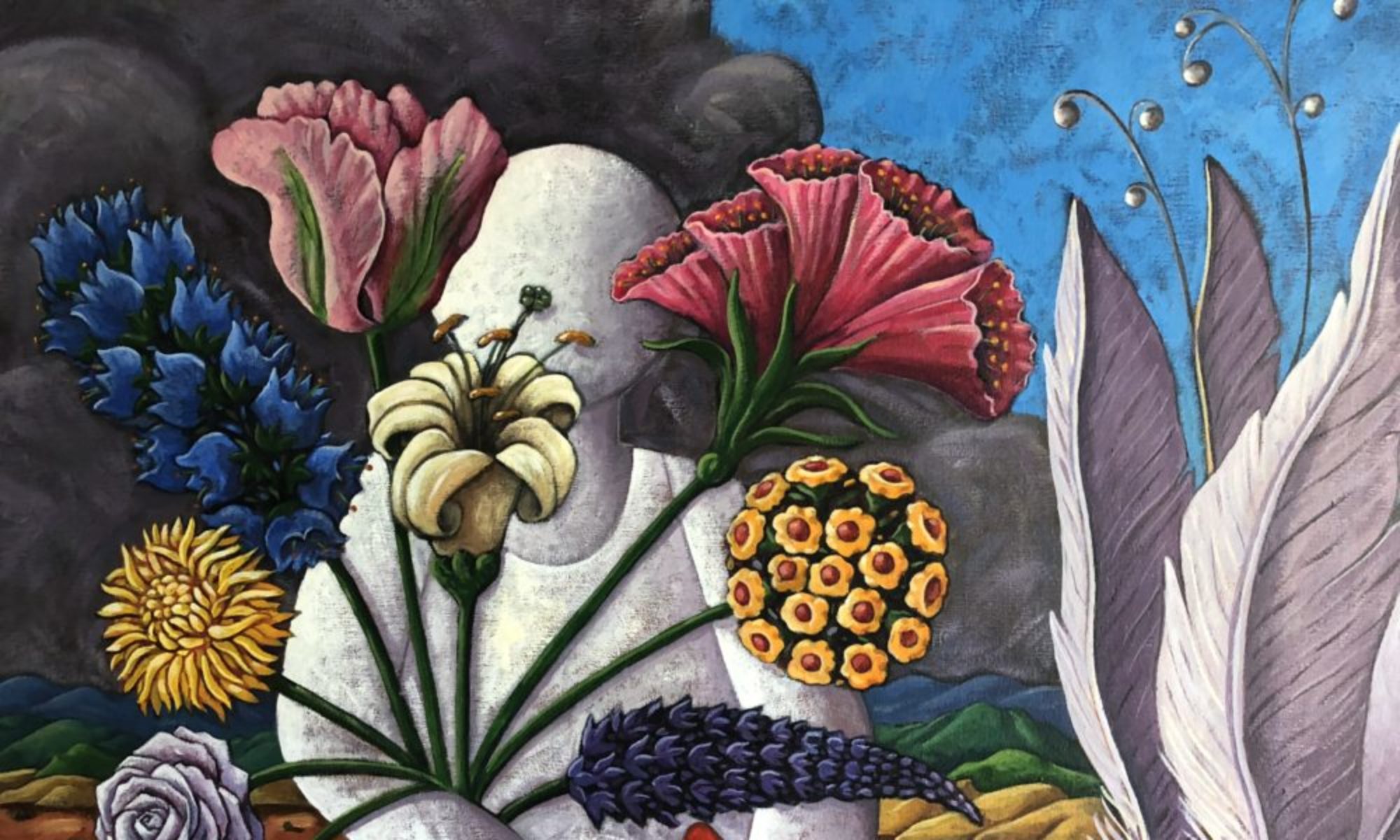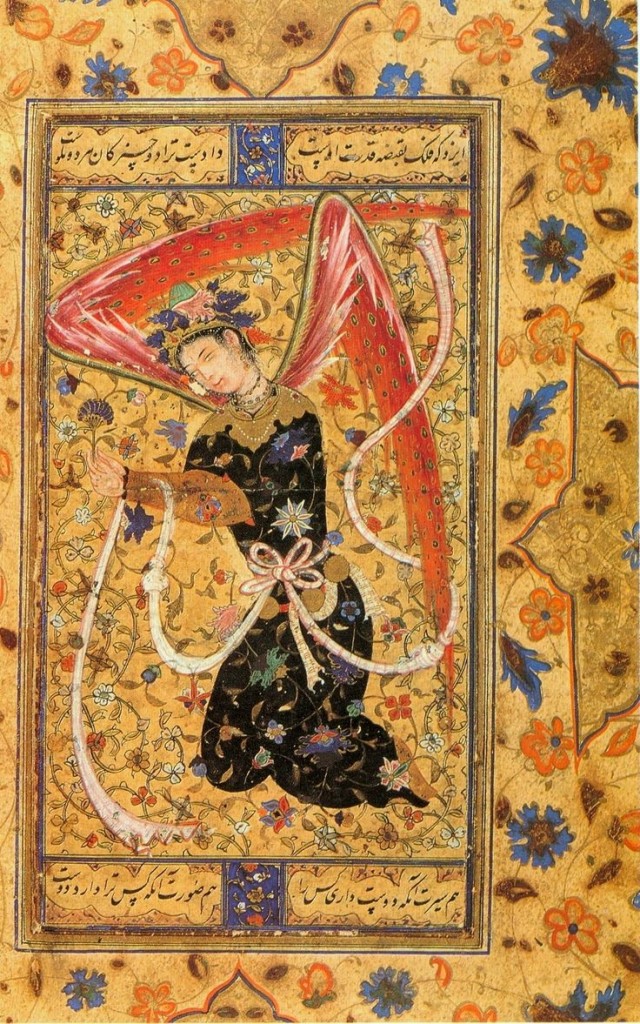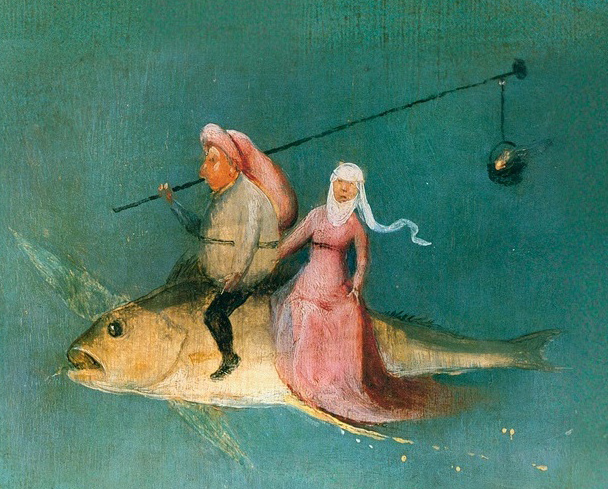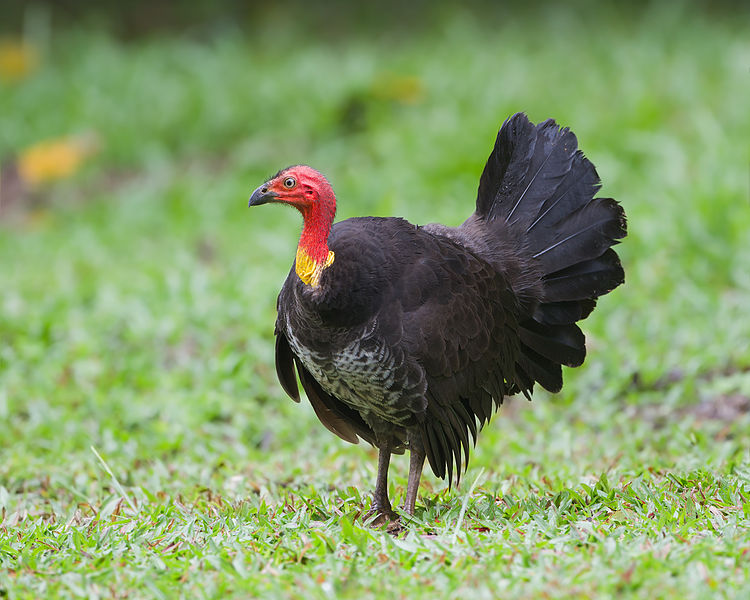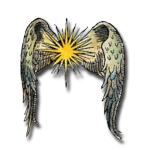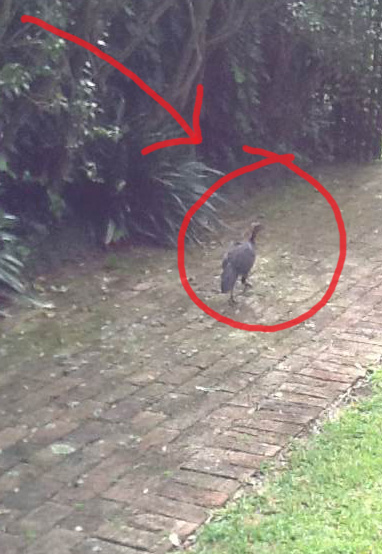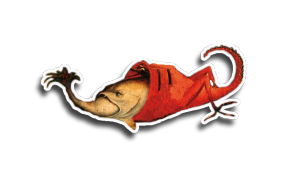As we watch the Syrian refugee crisis unfold from the safety of our Antipodean couches, it’s easy to point an accusing finger at the perceived cause of this humanitarian tragedy. I mean of course, religion. It’s also tempting to agree with Stephen Fry who, on one of his popular QI episodes, eloquently commented: “Religion. Sh*t on it.”
Extremism, evangelism, child abuse, sky fairies and repressive laws that date back to the dark ages – seriously, who needs all this toxic mind-garbage? Is it any wonder we’ve had enough of the whole damned business? Religion, it seems, has given the world a massive hangover.
Yet ironically, we need more religious thinking, not less. At least, we need more of the positive values that all religions, in their original teachings, foster. Hard as it is to believe in these conflicted times, religions originally developed to civilise humanity. Religion, in its purest, truest form, nurtures virtues such as tolerance, compassion, kindness and cooperation.
We are, after all, connected to one another by something mysterious, wondrous and vastly greater than us. Theoretical physicist Stephen Hawking calls this elusive something the Theory of Everything. Others call this God. Or nature. And, just like nature, religions evolve. Just as we have biological diversity, new religions appear to adapt to changing environments. Just like nature, sometimes these mutations are productive. Sometimes they are fatal. The problems begin when some theologians (mostly men) attach archaic social laws to their holy writings and wield these artefacts over the heads of the faithful like giant demolition balls. They use strategic interpretations of some of the more ambiguous scriptural passages to justify discrimination, sectarian divisions and, of course, war. This desire to protect, to seek vengeance and fight over an ideology is also a distinctly masculine take on religion.
So, in the spirit of Stephen Fry, I’d like to refine his faecal target. Sh*t on dogma. Sh*t on all those theologians dragging their violent, discriminatory and irrelevant social laws into the twenty-first century and sh*t on all politicians and religious sects that think differences can be solved by guns and dropping bombs.
Karl Marx once said religion is the opium of the people. I would argue that it should be the oxytocin of the people. Yes, folks. That’s the love and trust hormone. The girl hormone.
As a woman and, according to some religious doctrines, a second-rate citizen, I’d like audaciously to suggest an alternative to solving disagreements with violence. How about developing an oxytocin bomb to deploy over conflict zones? Having researched this idea, I gather, however, such a weapon is a long way off. Oxytocin is ‘context-specific’, which means different people react to it in varying ways. There are also ethical issues – one of major concern being that people might start trusting one another. Now, there’s a worry. So, until this minefield is thoroughly researched, (Google X – please put it on your list) we’re stuck with the male solution to conflict – the war machine.
There is, however, an antidote. I’ll call it, in science speak – the oxytocin meme. Or to put it in a language our Australian drinking culture understands – the spiritual hair of the religious dog.

True religion is an oxytocin meme. There are examples of this everywhere – our own divine Graham Long of the Sydney Wayside Chapel, for example – deploying love bombs where they are needed most. The current Pope, who, despite being head of a patriarchal institution that still thinks it owns women’s bodies, is doing a stellar job of fostering unity and brotherhood among the followers of all the world’s religions. And, of course, there’s the Dalai Lama spreading his memes worldwide.
On the other hand, we see a lack of the oxytocin meme not only in the Syrian conflict, but also in Hungary’s deplorable, inhuman treatment of refugees.
We can all do our little bit to help spread this meme. Twice a week, I teach Baha’i scripture classes at two primary schools on the Lower North Shore. Here, I do my bit to dispel misconceptions (no, you don’t go to church to visit Rapunzel and a mosque is not an insect with wings that buzzes around your ears at night). I teach children about the world’s major religions and focus on the similarities rather than the differences.
Memes may spread more slowly than chemical weapons of mass affection, but seeing the enthusiasm with which children embrace these concepts of love and unity has made me hopeful. So, I’ll continue to administer the spiritual hair of the religious dog and deploy love bombs to my beautiful students – the world’s future peacemakers. In the spirit of unity and inclusiveness, I hope you too, in your own unique way, will share and spread the meme.
